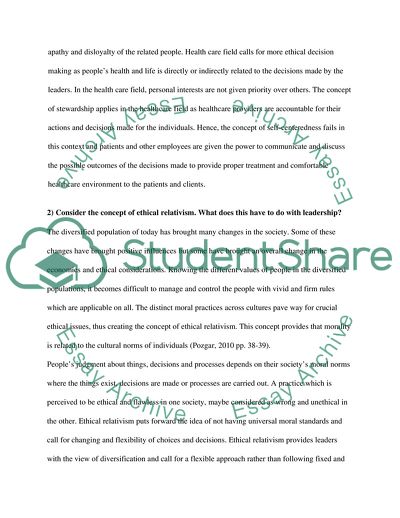Cite this document
(Self Esteem and Self Centeredness, Concept of Ethical Relativism Assignment, n.d.)
Self Esteem and Self Centeredness, Concept of Ethical Relativism Assignment. Retrieved from https://studentshare.org/health-sciences-medicine/1742963-healthcare-leadership
Self Esteem and Self Centeredness, Concept of Ethical Relativism Assignment. Retrieved from https://studentshare.org/health-sciences-medicine/1742963-healthcare-leadership
(Self Esteem and Self Centeredness, Concept of Ethical Relativism Assignment)
Self Esteem and Self Centeredness, Concept of Ethical Relativism Assignment. https://studentshare.org/health-sciences-medicine/1742963-healthcare-leadership.
Self Esteem and Self Centeredness, Concept of Ethical Relativism Assignment. https://studentshare.org/health-sciences-medicine/1742963-healthcare-leadership.
“Self Esteem and Self Centeredness, Concept of Ethical Relativism Assignment”, n.d. https://studentshare.org/health-sciences-medicine/1742963-healthcare-leadership.


